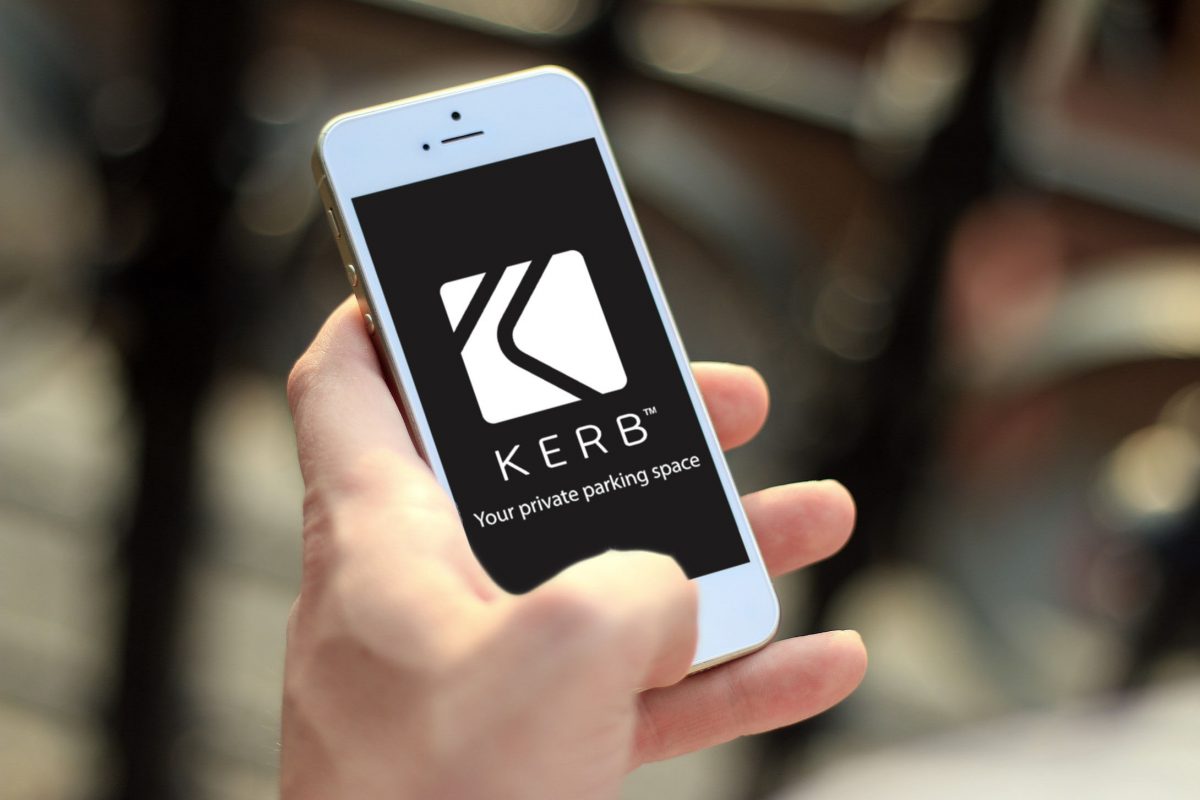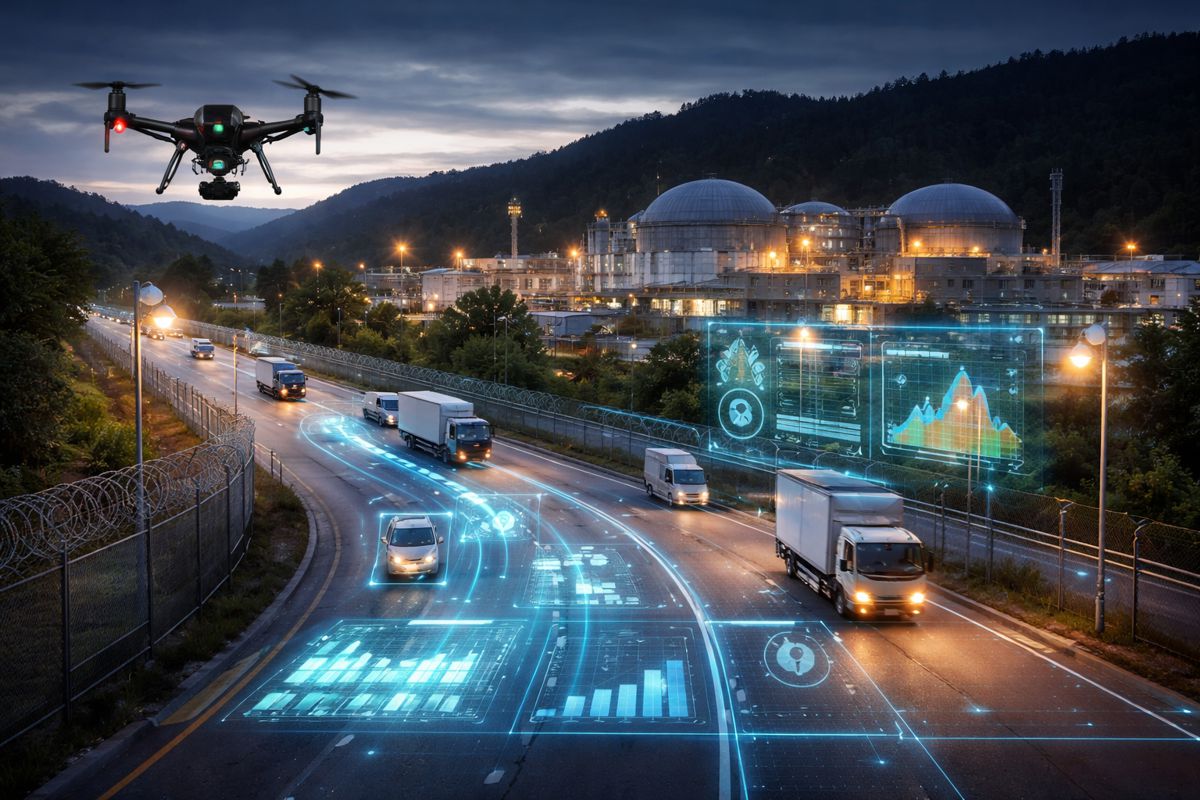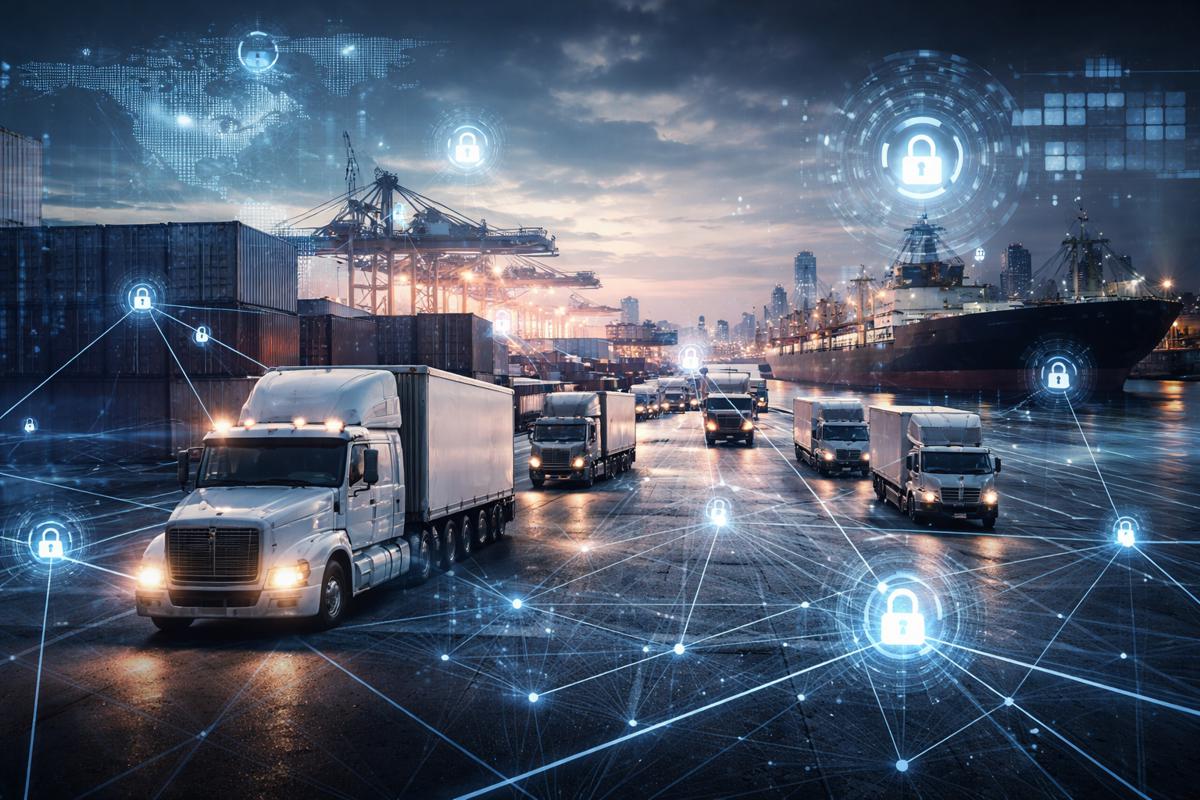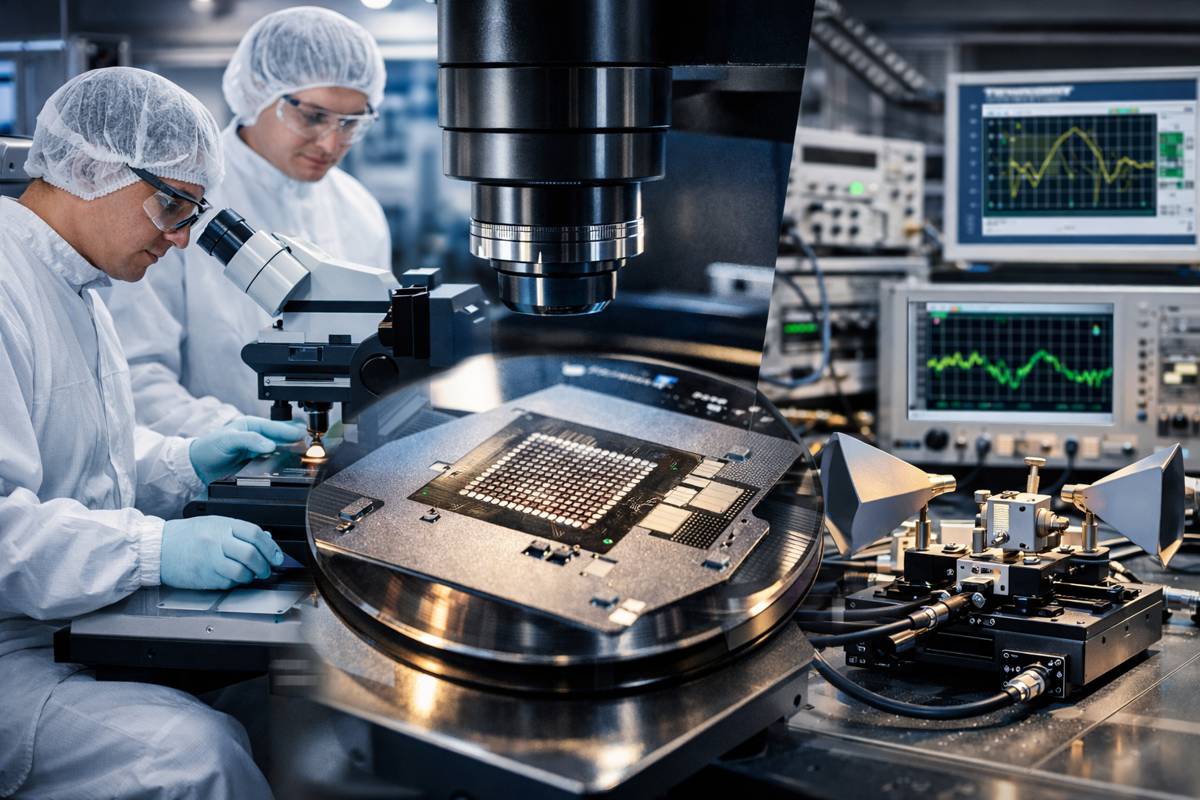The role of parking tech in the future of transport
Rob Brown is the co-founder of parking app Kerb and a keynote speaker and ‘future of parking’ commentator focused on the #futureoftransport and how technology can help improve urban mobility, and make our future cities smarter.
Rob co-founded Kerb, a global parking app which allows you to rent your private space(s) to anyone looking to park their car, bike, boat or helicopter – and to find off-street parking spaces quickly and cheaply when you want to park yourself.
With industry after industry getting disrupted by new, Internet-driven technology, and as the dominoes continue to fall, the question has to be asked: Is the parking industry next in line for its turn in the woodchopper’s shed?
Parking technology has not changed significantly since the end of the last century. Nor has the customer experience in most commercial and municipal car parks. It could be said that the parking industry is in a similar place to where the taxi industry was a decade ago, before ride-hailing companies like Uber, Lyft, Didi and Grab came along. And as the taxi industry found out too late, the process of booking and paying for a ride from Point A to Point B could be completely app-ified: No tickets, no cash, no payment machines, and a level of data about driver and passenger that was never previously there.
One of the trends Kerb is seeing in car parks around the world is that the expensive parking equipment (gates, ticket machines and payment machines) – and the software that powers it – is starting to disappear from many car parks, to be replaced either by a parking app and pay-by-phone solution, or by licence-plate-recognition (LPR/ANPR) cameras. Both technologies are likely to transform the customer experience in the car parks of tomorrow.
As booking and paying for parking via an app become more commonplace, and as ride-hailing, car-sharing and electric vehicles become ubiquitous, the possibilities for these same parking apps to play a more integrated role in urban mobility are endless. Does a parking app like Kerb double up as a navigation app? What about booking a share-car or an EV charge-point? And how can the data captured on the person parking that car be leveraged to improve their commute to and from work?
For all the talk of the “Smart Cities of tomorrow”, and how technology will transform the way we navigate and interact with urban environments, ‘parking’ is an over-looked topic. Electric vehicles will need to charge in a multitude of locations, and charging takes several hours; autonomous vehicles will still need to park somewhere, while idle; and some car parks will – by the very nature of the businesses attached to them – require some form of access control.
And what about the (increasingly) connected vehicles entering our car parks? Won’t they have a parking app in their dashboards, allowing them access into hundreds of car parks across their city?
App-based parking technology has the potential to solve a big piece of the parking problem, but on its own it is not enough. Car park operators and landlords need to be thinking further forward than they currently are. Most car parks are still operating in the dark: Their current systems don’t tell them which vehicles and which drivers should (or should not) be parked on their premises at any given moment.
Gates and licence-plate-recognition technology malfunction with an alarming frequency, leading to higher car park management costs and lower customer satisfaction. Technology is part of the solution, but it is also part of the problem. Busy humans don’t like friction. And parking in most car parks involves friction. Parking hardware, and the software that powers it, is about to go through a revolution.
The future of parking will be gate-less, ticket-less, cash-less.






























